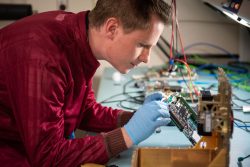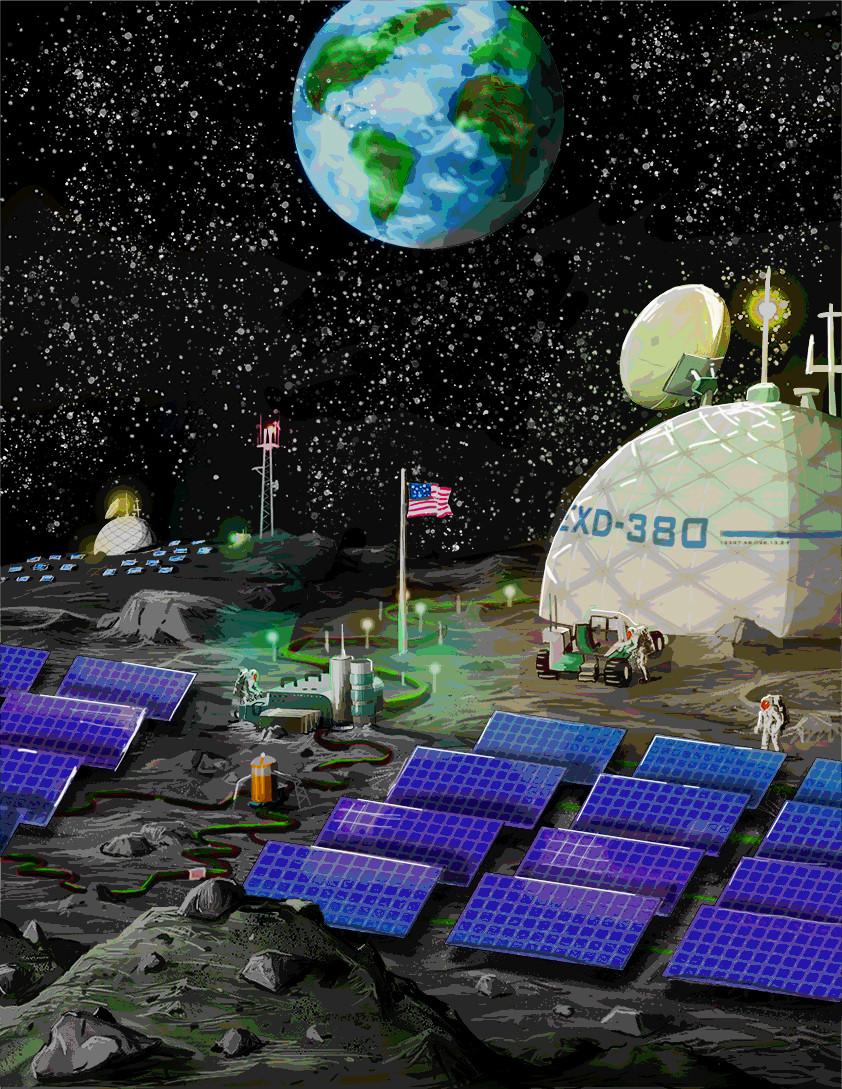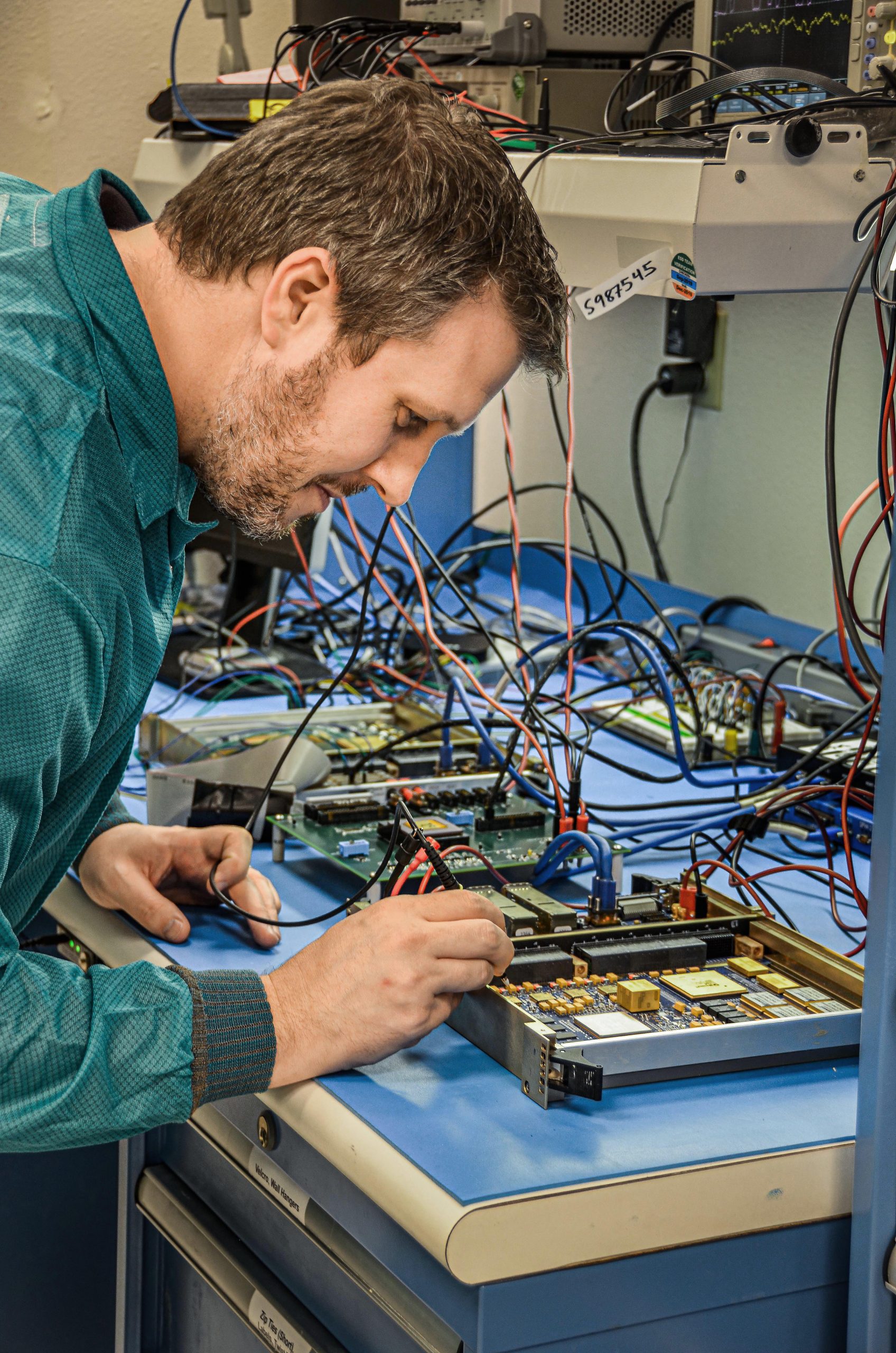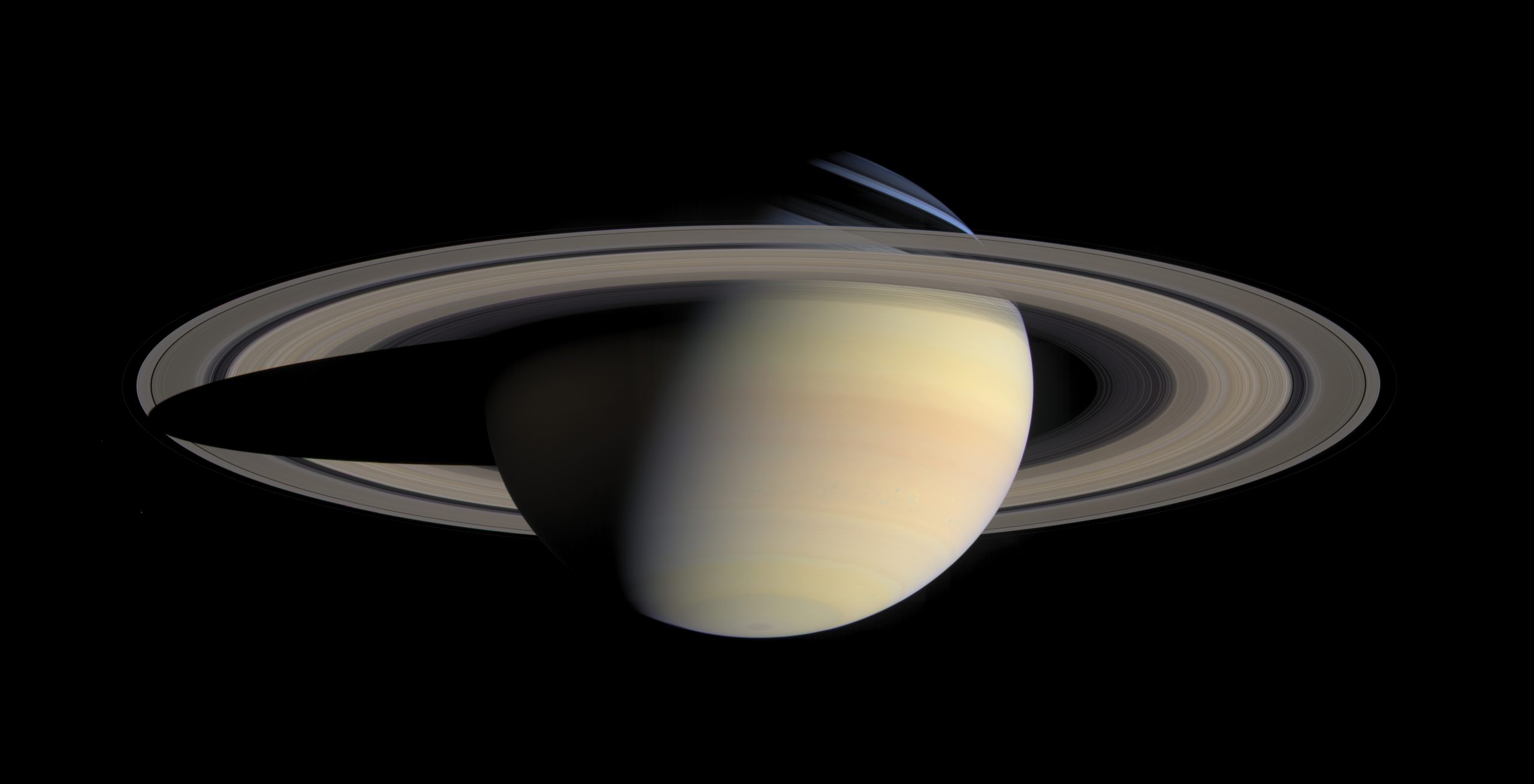June 8, 2022 • ALBUQUERQUE, N.M. — Satellites equipped with remote sensing technology execute many critical national security missions, from detecting explosions to tracking sea ice, but until now it could take a team years to move from a concept to a deployable space system. Valhalla, a Python-based performance modeling framework developed at Sandia...




